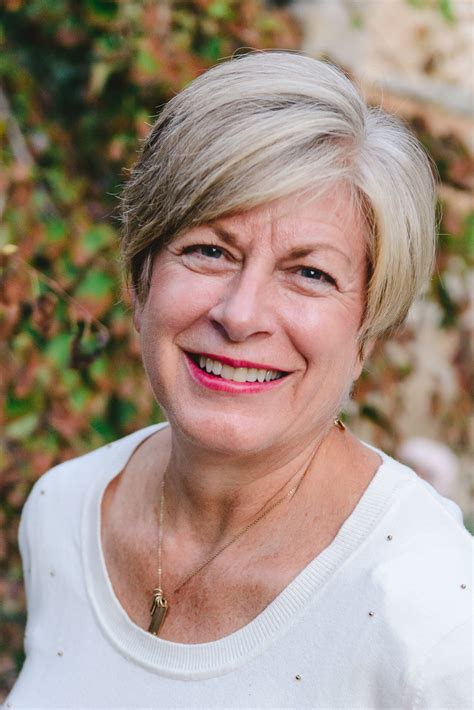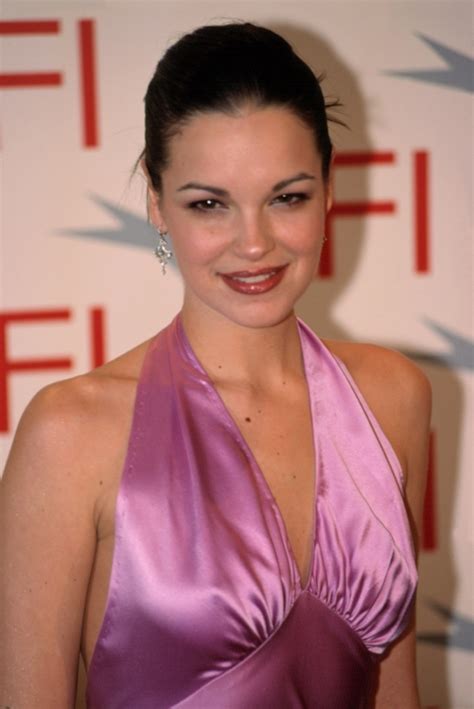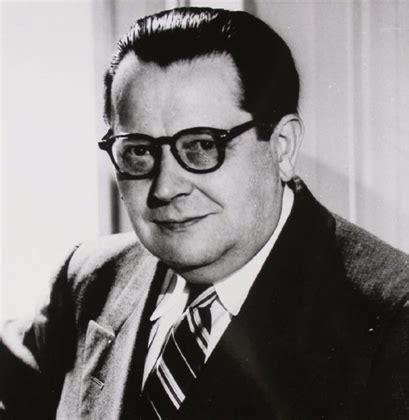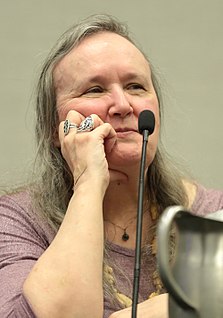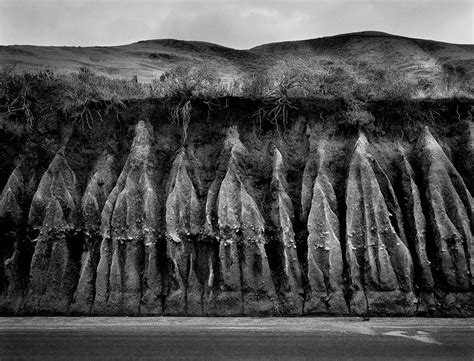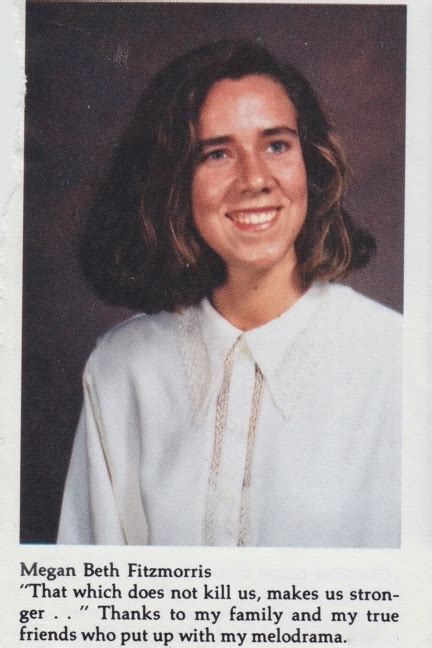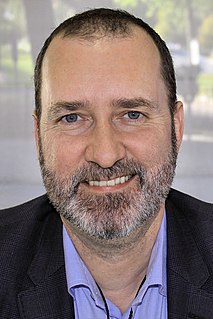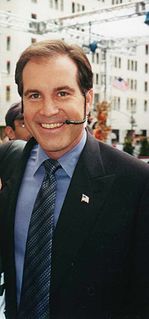A Quote by Samuel Johnson
I know not anything more pleasant, or more instructive, than to compare experience with expectation, or to register from time to time the difference between idea and reality. It is by this kind of observation that we grow daily less liable to be disappointed.
Related Quotes
Mothers who know do less. They permit less of what will not bear good fruit eternally. They allow less media in their homes, less distraction, less activity that draws their children away from their home. Mothers who know are willing to live on less and consume less of the world’s goods in order to spend more time with their children—more time eating together, more time working together, more time reading together, more time talking, laughing, singing, and exemplifying. These mothers choose carefully and do not try to choose it all.
Thus even supposedly unadulterated facts of observation already are interfused with all sorts of conceptual pictures, model concepts, theories or whatever expression you choose. The choice is not whether to remain in the field of data or to theorize; the choice is only between models that are more or less abstract, generalized, near or more remote from direct observation, more or less suitable to represent observed phenomena.
The experience of being in between-between the time we leave home and arrive? at our destination; between the time we leave adolescence and arrive at adulthood; between the time we leave doubt and arrive at faith. It is like the time when a trapeze artist lets go the bars and hangs in midair, ready to catch another support: it is a time of danger, of expectation, of uncertainty, of excitement, or extraordinary aliveness.
Have you come over time to think that you know more now than you did when you were young, know less now than when young, know now there is so much more to know than you knew there was to know when young that it is moot whether you think you knew more then than now or less, or do you now know that you never knew anything at all and never will and only the bluster of youth persuaded you that you did or would?
There is nothing mysterious about space-time. Every speck of matter, every idea, is a space-time event. We cannot experience anything or conceive of anything that exists outside of space-time. Just as experience precedes all awareness and creative expression, the visual language of our photographs should ever more strongly express the fourth dimensional structure of the real world.
It is not just that we exist and God has always existed, it is also that God necessarily exists in an infinitely better, stronger, more excellent way. The difference between God's being and ours is more than the difference between the sun and a candle, more than the difference between the ocean and a raindrop... God's being is qualitatively different.
My father used to look at people and he treated everyone with such respect, and he always believed that he would rather trust you face on and be disappointed perhaps down the road, be disappointed some of the time rather than never to trust someone, never to believe in someone, and alas, be disappointed all the time. There's a big difference there.

